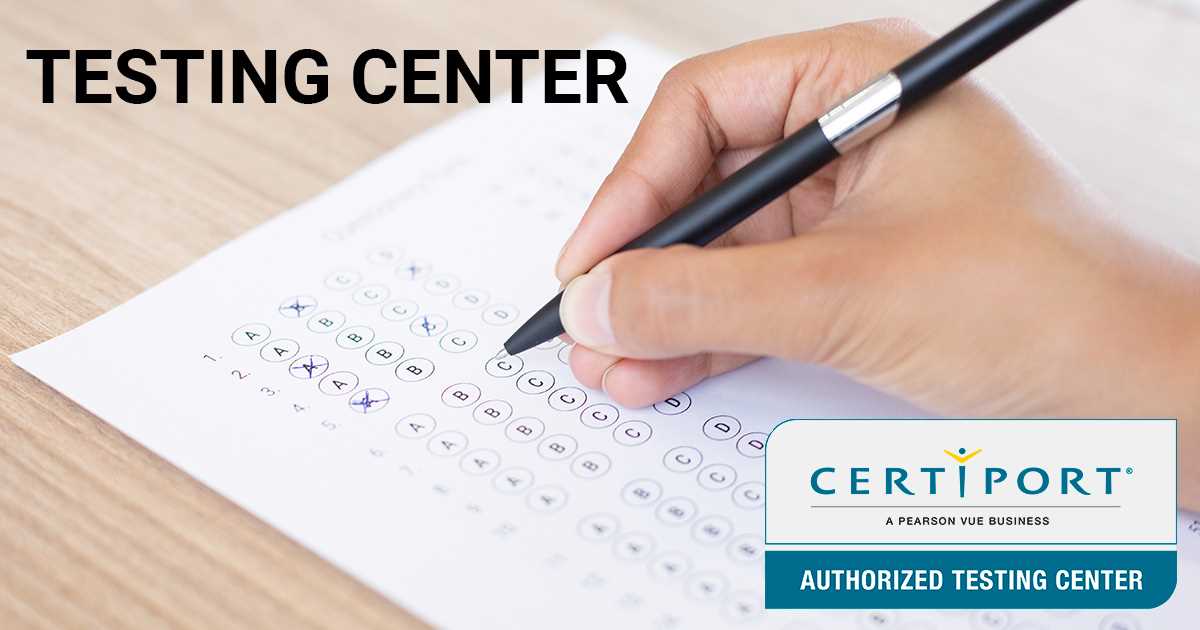
Preparing for professional certification can be a daunting task, especially when aiming for a high score. Success requires more than just understanding the content; it involves strategic preparation and careful management of time and resources. Whether you’re looking to enhance your skills or pursue a new career path, mastering the test format and uncovering effective methods to increase your chances of success is key.
Studying efficiently is essential. The right approach can make all the difference when it comes to achieving the desired results. From using reliable study materials to practicing with realistic questions, there are several ways to improve your knowledge retention and test-taking abilities.
In this article, we will explore various techniques that can help you prepare thoroughly, identify useful resources, and guide you on how to feel confident as you approach your goal. With the right preparation, you’ll be well on your way to securing your certification.
Understanding Certification Tests and Their Structure
Certification assessments are carefully designed to evaluate both theoretical knowledge and practical skills in a specific field. These tests usually consist of a combination of multiple-choice questions, performance-based tasks, and scenario simulations to assess a candidate’s proficiency. Understanding the structure of these assessments is essential for successful preparation and achieving a high score.
Test Format and Components
Most certification tests consist of several key sections. Typically, there is a mix of question types such as multiple-choice, drag-and-drop, and interactive exercises. Some sections may also require candidates to complete tasks within a software environment or simulate real-world scenarios. Familiarizing yourself with these question types and their formats can give you an edge in managing your time effectively during the test.
Time Management and Scoring
Each certification test has a specific time limit, and it’s crucial to manage it wisely. Knowing the structure of the test helps you allocate enough time for each section, ensuring you don’t rush through critical tasks. Scoring is usually based on both accuracy and the completion of tasks within the given time frame, so being strategic about when to move on or revisit questions is important.
Effective Study Strategies for Certification
Achieving success in professional certifications requires a well-rounded and structured approach to studying. It’s not only about reviewing materials but also about applying various techniques that can enhance learning and retention. Whether you’re working with textbooks, online resources, or hands-on practice, using a combination of methods will help reinforce your knowledge and skills.
Create a Study Schedule
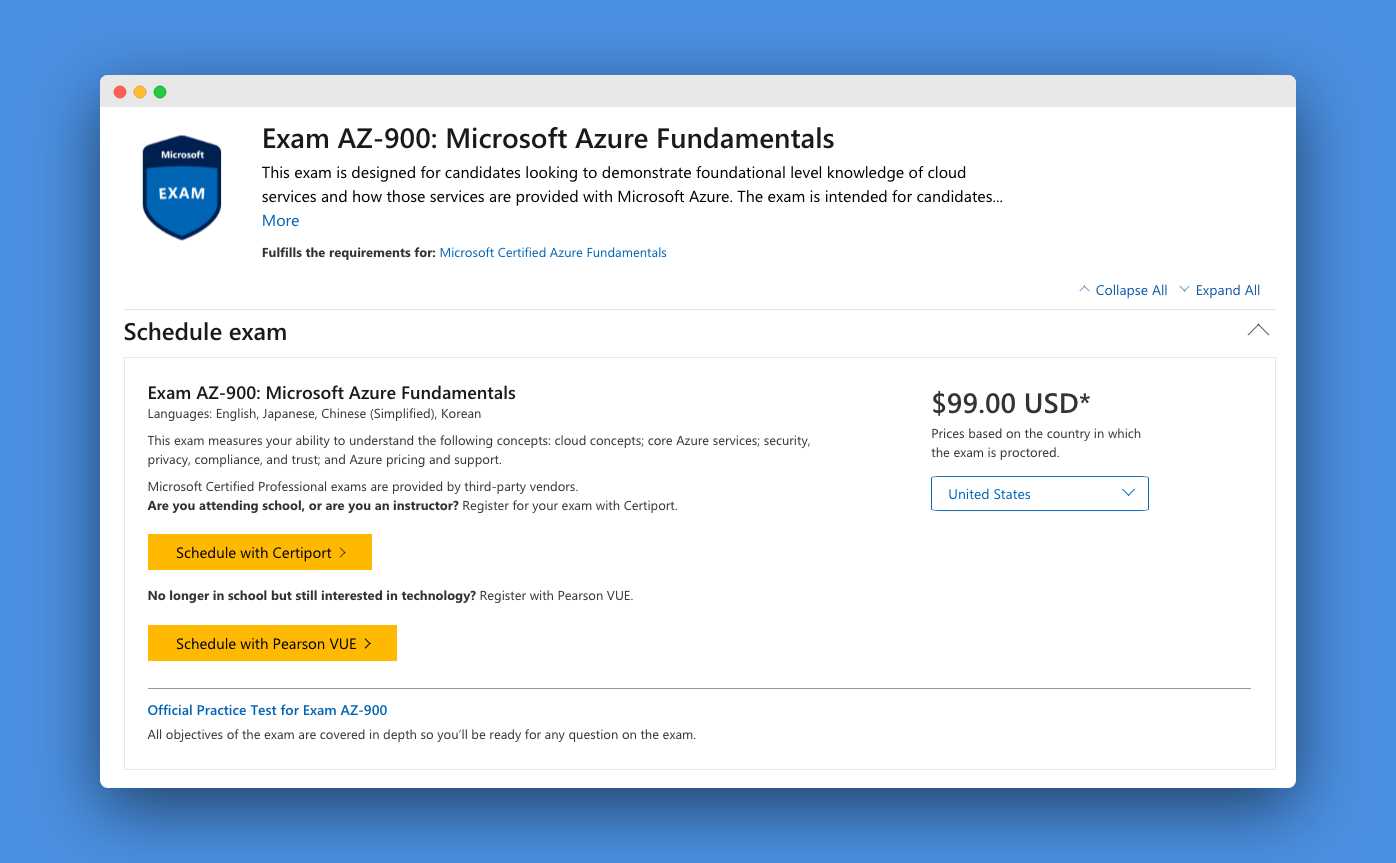
One of the first steps in effective preparation is creating a study schedule that breaks down the content into manageable sections. Set realistic goals and allocate enough time for each topic, ensuring you cover all areas thoroughly. Consistency is key–studying regularly, even for short periods, can improve retention and reduce stress closer to the test day.
Utilize Practice Materials
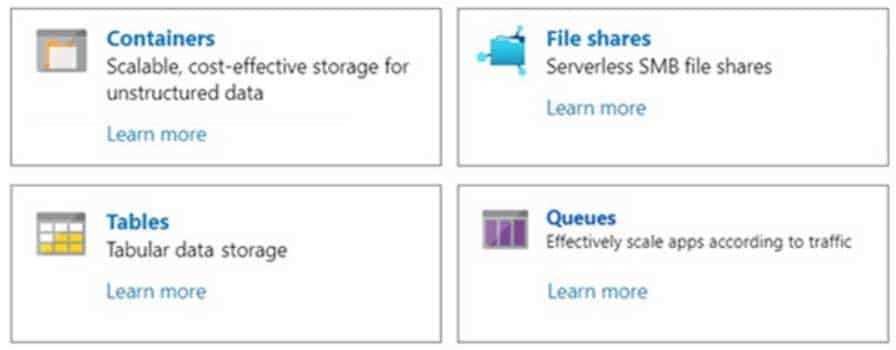
Using practice materials, such as mock tests and sample scenarios, is a critical part of preparation. These resources simulate the actual conditions of the certification process and allow you to get comfortable with the format and timing. Regularly practicing with these materials will help you identify weak spots and refine your approach, ultimately boosting your confidence and readiness.
Where to Find Certification Practice Materials
Finding the right practice resources is essential for preparing effectively for certification assessments. The availability of high-quality materials can greatly impact your ability to understand the test format, improve your skills, and familiarize yourself with potential scenarios you may encounter. There are numerous reliable sources to explore when seeking out the best practice tools for your certification journey.
Official Resources
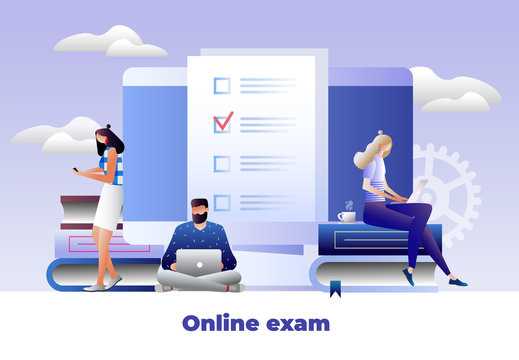
Official study guides and practice materials often offer the most accurate representation of what to expect on the actual test. These resources are typically aligned with the structure and content of the certification process, ensuring that you’re practicing with relevant and up-to-date information. Some of the most common official resources include:
- Official study guides published by the certifying organization
- Online practice tests available through the certification provider’s website
- Interactive learning modules and exercises
Third-Party Websites and Tools
In addition to official resources, many third-party websites offer valuable practice tools and study materials. These platforms provide a wide range of question banks, mock exams, and other resources to help you prepare. Some of the popular websites include:
- Online forums and communities where users share study tips and resources
- Commercial study websites that offer paid practice exams
- Free or low-cost mobile apps designed for test preparation
How to Use Test Simulators for Success
Test simulators are an invaluable tool for preparation, providing a close representation of the actual conditions you will face during the certification process. These simulations allow you to practice under timed conditions, experience the test interface, and understand the flow of questions. By regularly using simulators, you can improve both your technical skills and your ability to manage time effectively, which is critical for success.
Start with Familiarization – Before diving into practice tests, take time to familiarize yourself with the test simulator interface. Understanding the layout, navigation, and functionality will help reduce anxiety when you take the real test. Pay attention to features like timers, question formats, and navigation tools that may be present in the simulator.
Track Your Progress – Test simulators often provide feedback and scores after completing a practice session. Use this information to track your progress over time. Review incorrect answers to understand why you made mistakes, and focus on improving those areas. Repeated practice with simulators can also help increase your speed and confidence.
Consistency is key–the more you practice with simulators, the better prepared you will be. Set aside dedicated time for regular practice, ensuring that you get accustomed to the testing environment and identify your strengths and weaknesses. With continued use, you’ll be able to approach the actual assessment with greater confidence and control.
Tips for Avoiding Common Mistakes
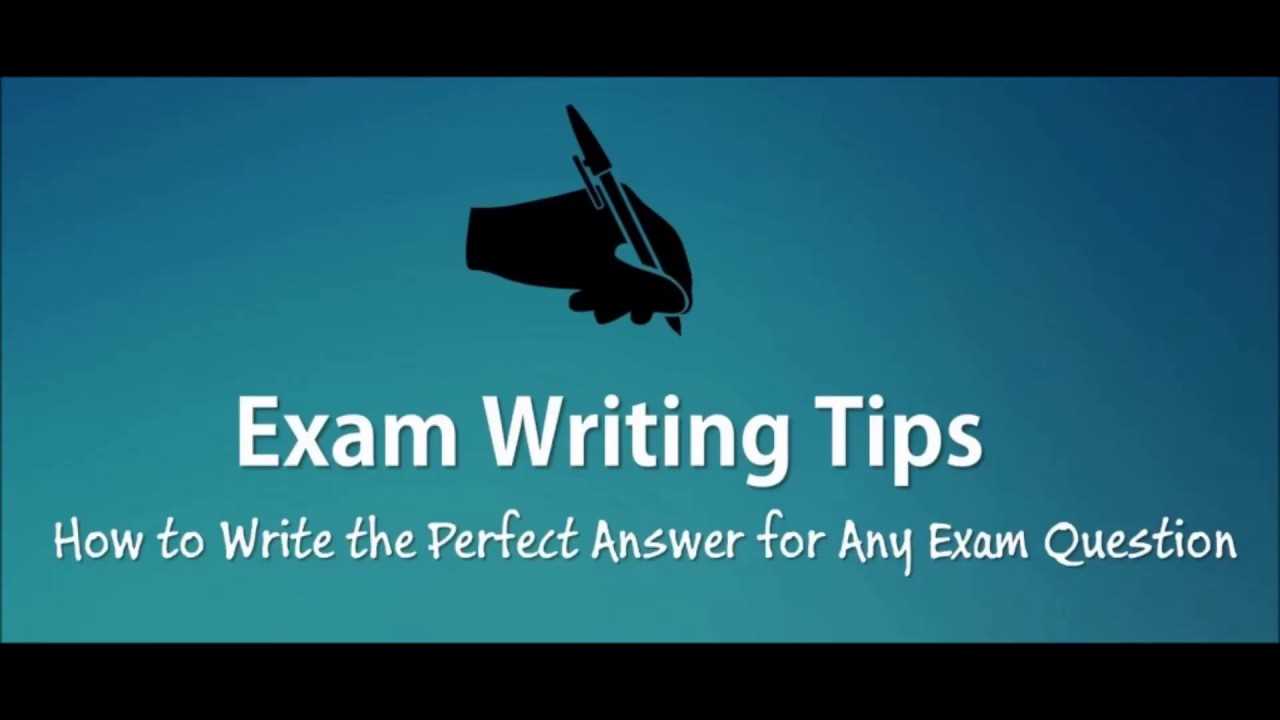
During a certification assessment, it’s easy to fall into the trap of common mistakes that can negatively impact your score. These errors can often be avoided with careful preparation and attention to detail. By understanding where candidates typically struggle and taking proactive steps, you can improve your performance and approach the test with greater confidence.
Time Management
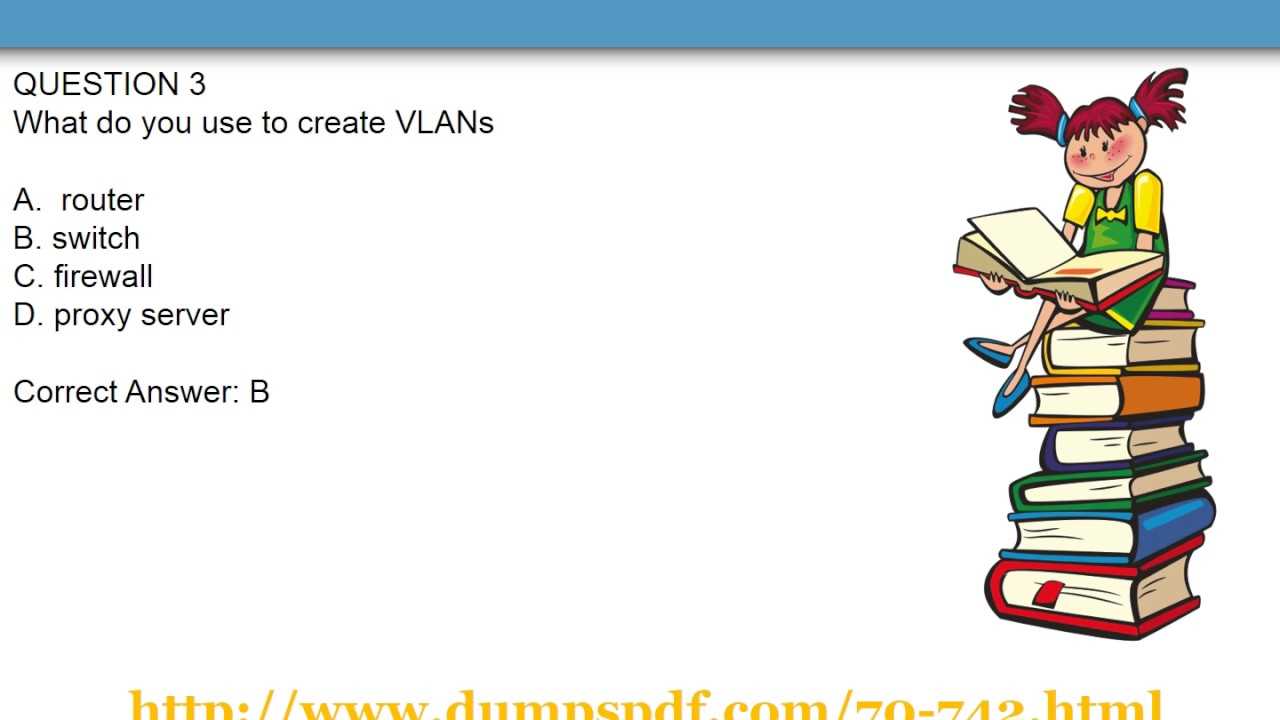
One of the most frequent issues faced by test-takers is poor time management. Rushing through questions or spending too long on a single item can leave you with insufficient time to complete other sections. To avoid this, practice pacing yourself during mock sessions. Set time limits for each section and try to stick to them, ensuring that you can complete every part of the test within the given timeframe.
Reading Instructions Carefully
It’s easy to overlook instructions or skip over key details in the rush to answer questions, but this can lead to mistakes. Always take a moment to carefully read the instructions for each section or task. Ensure that you fully understand the requirements before proceeding, as misinterpreting the task could cost you valuable points. This attention to detail is especially crucial for complex, performance-based scenarios.
Maintaining Confidence During the Test
Staying confident throughout the assessment process is crucial for success. Nerves can easily take over, especially when faced with challenging questions or unfamiliar scenarios. However, maintaining a positive mindset and focusing on the task at hand can greatly improve your chances of success. With the right strategies, you can manage stress and perform at your best.
One effective way to maintain confidence is by preparing mentally before the test. Visualizing a calm and successful experience can help reduce anxiety. It’s also important to keep reminding yourself of your preparation and the skills you’ve developed over time.
| Confidence-Boosting Strategy | Why It Works |
|---|---|
| Practice relaxation techniques | Deep breathing and meditation can reduce stress and help you stay calm under pressure. |
| Break the test into smaller sections | Approaching the test in manageable parts helps reduce feelings of being overwhelmed. |
| Trust in your preparation | Reminding yourself of how thoroughly you’ve studied will reinforce your self-assurance. |
| Stay positive and focused | Maintaining a positive attitude can shift your mindset and help you perform better. |